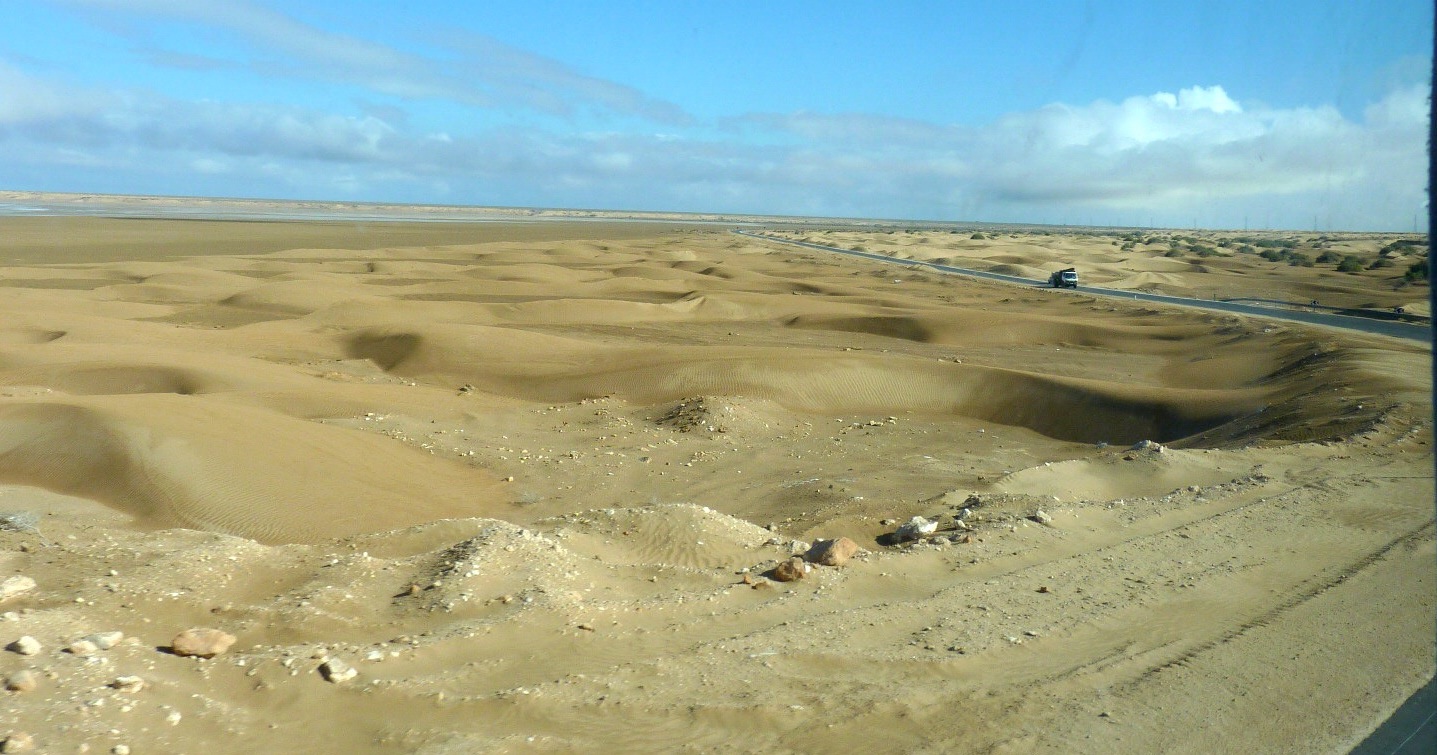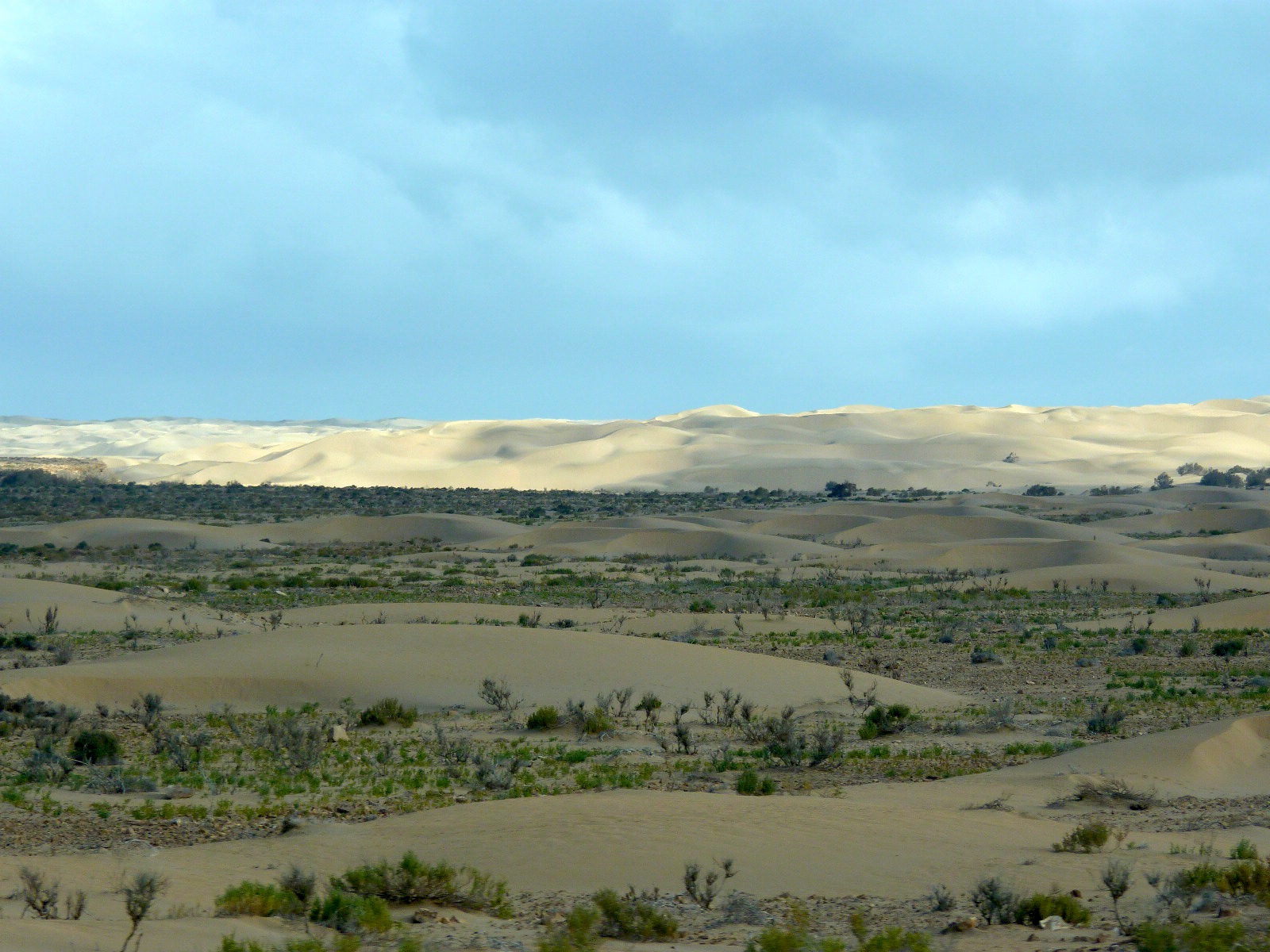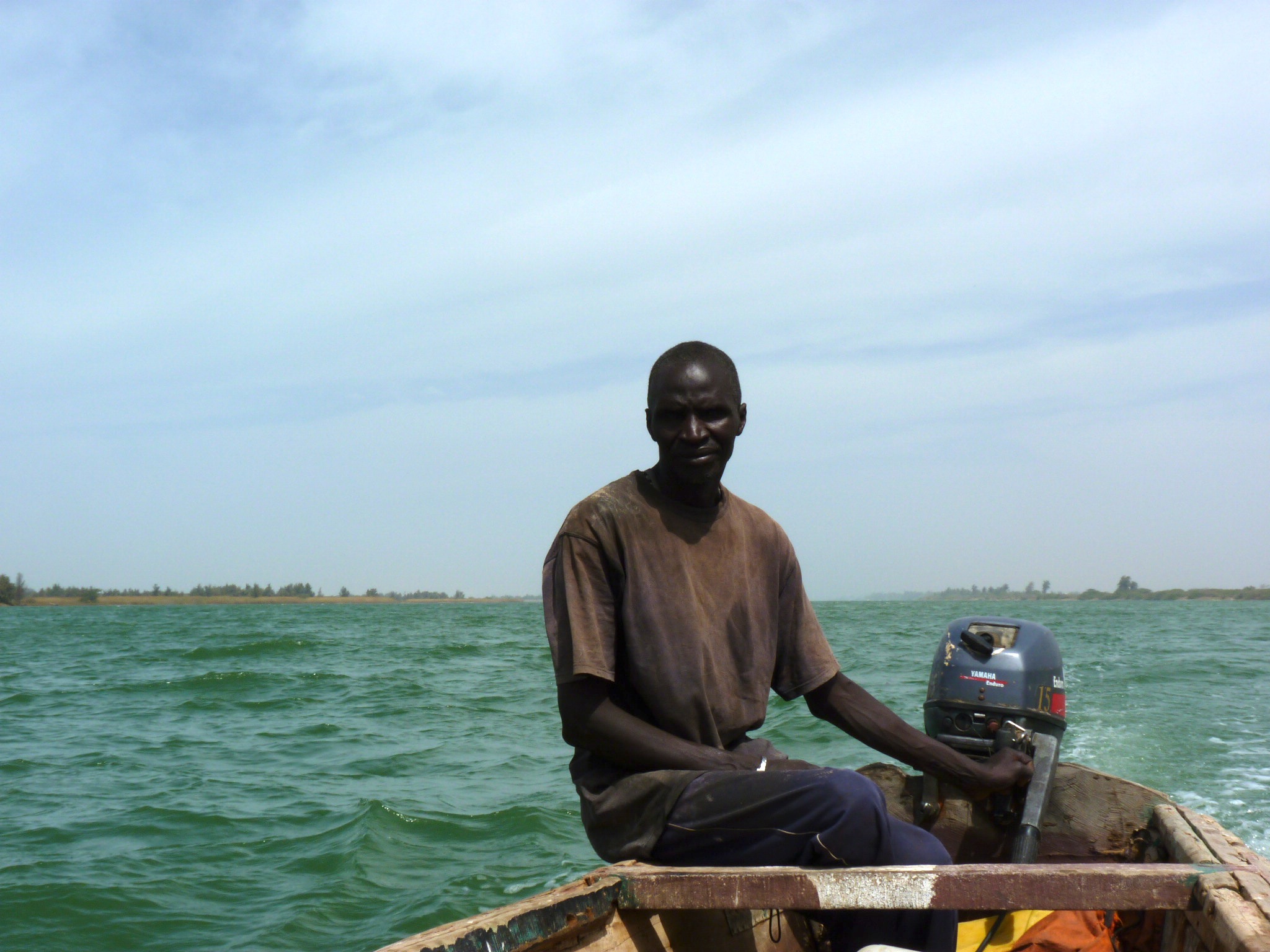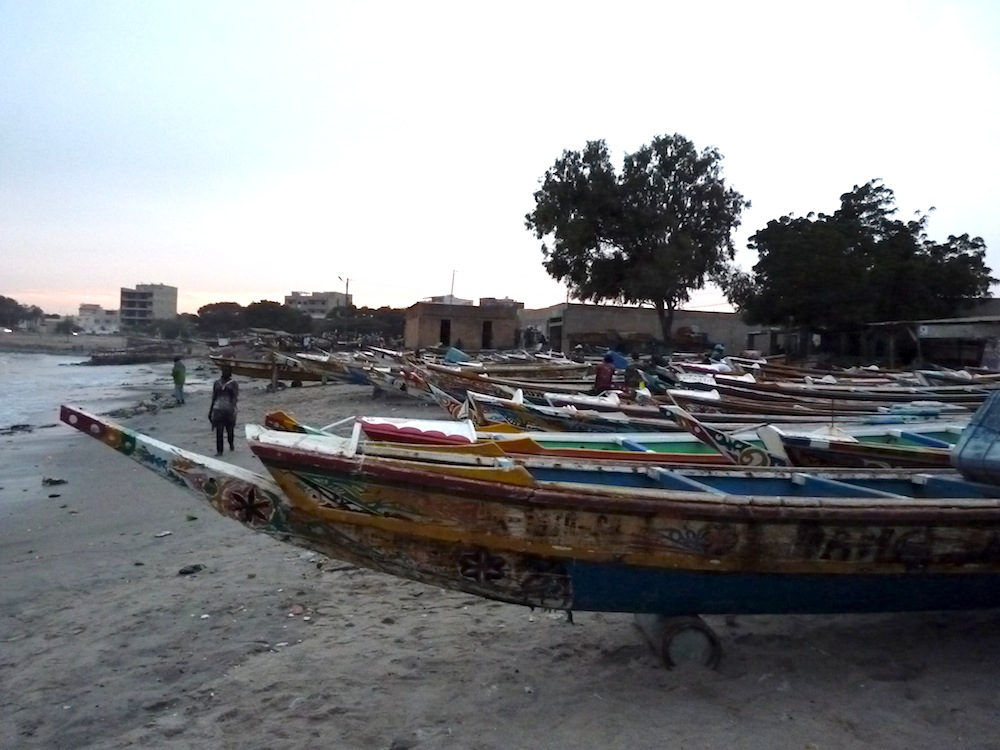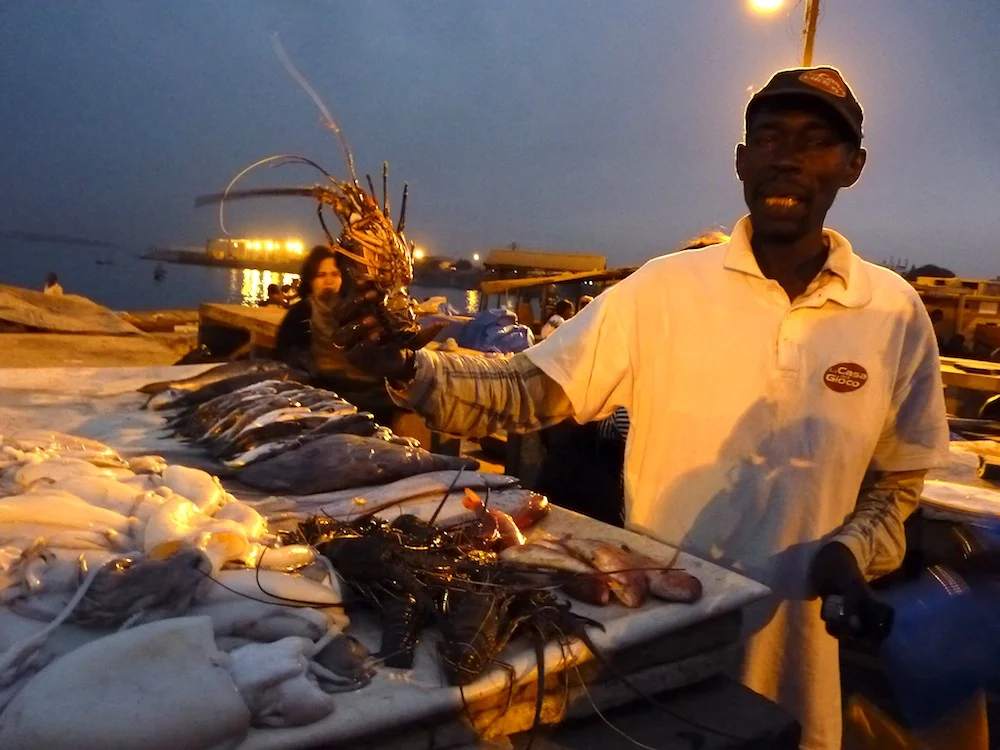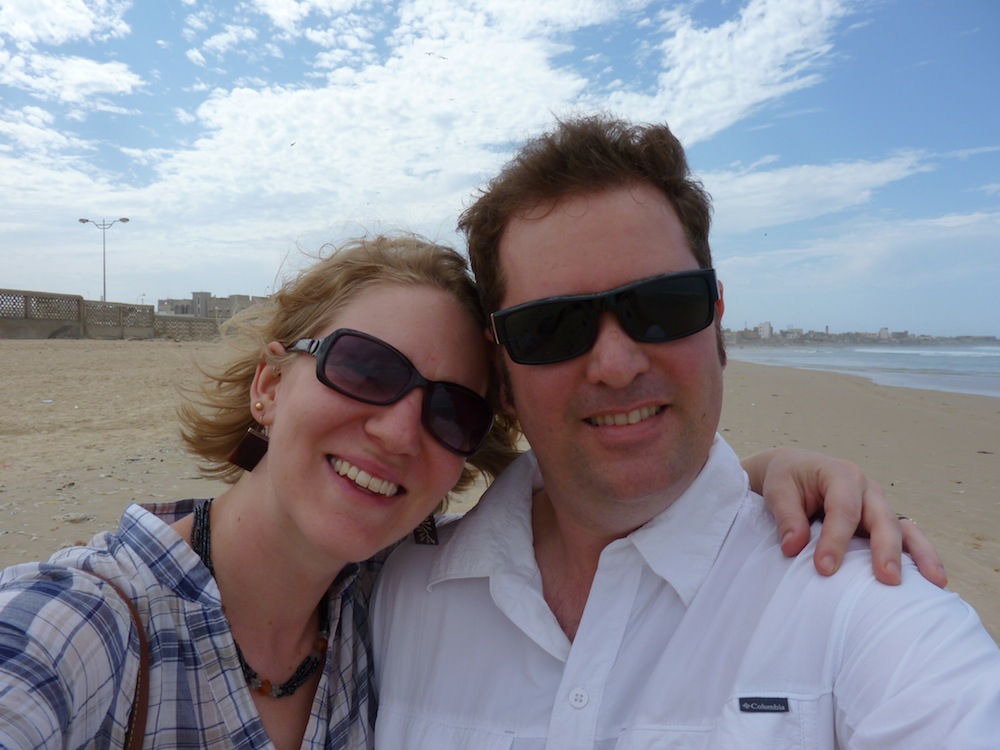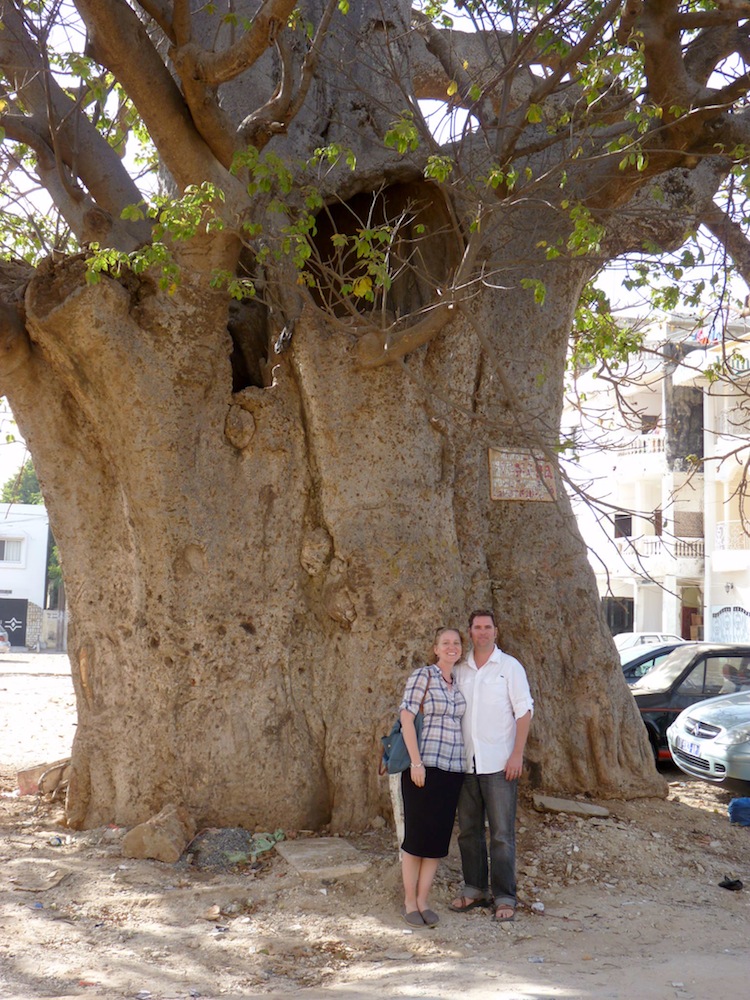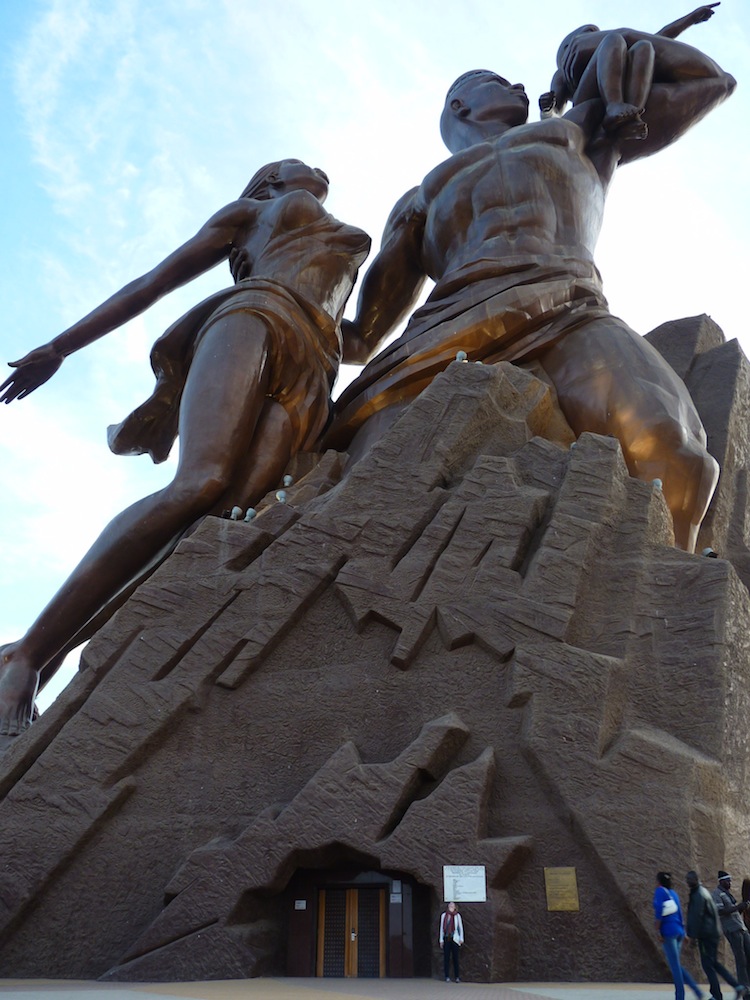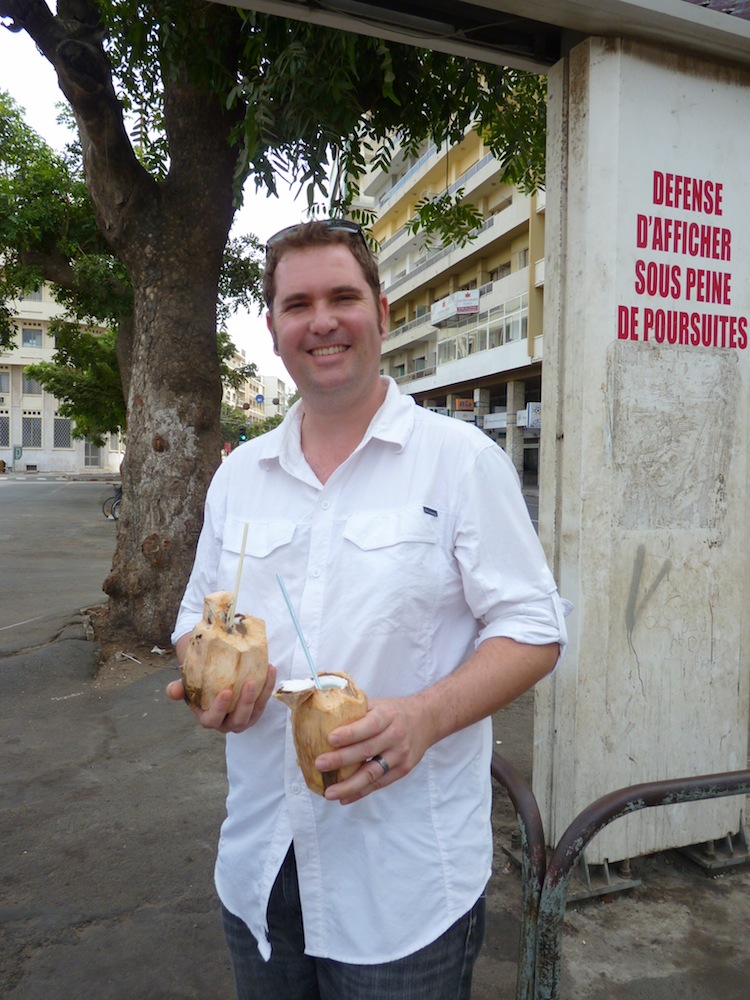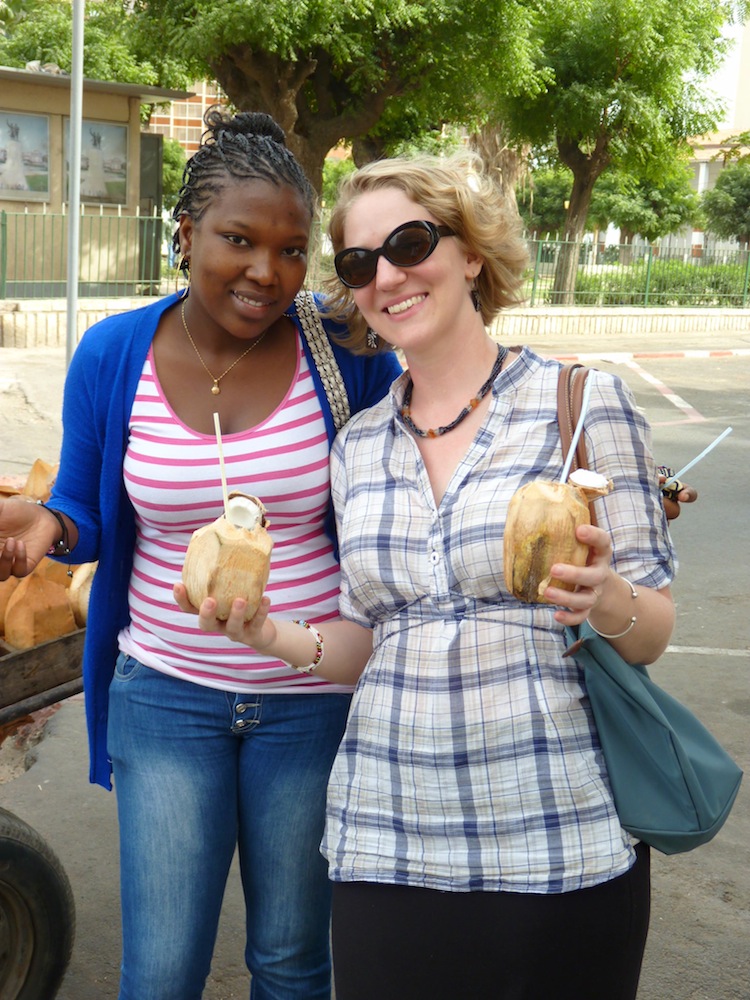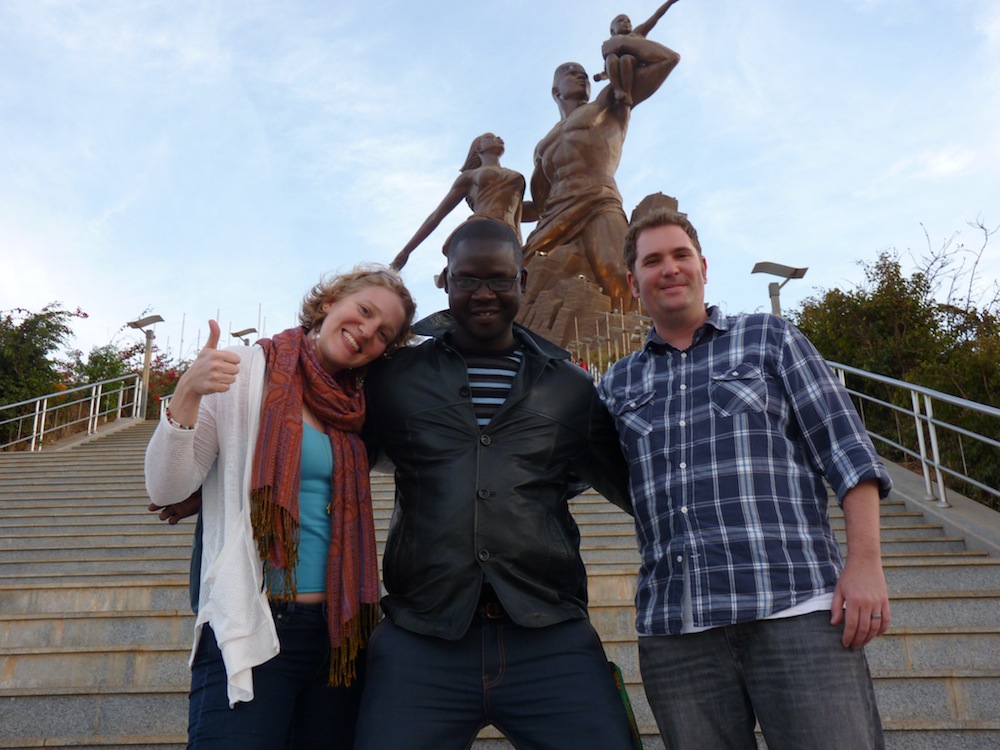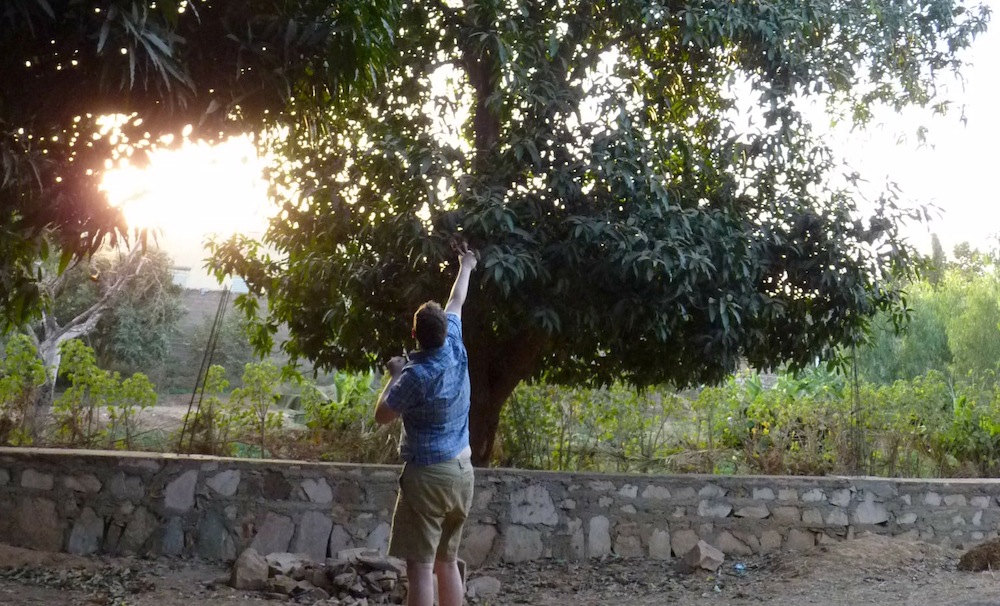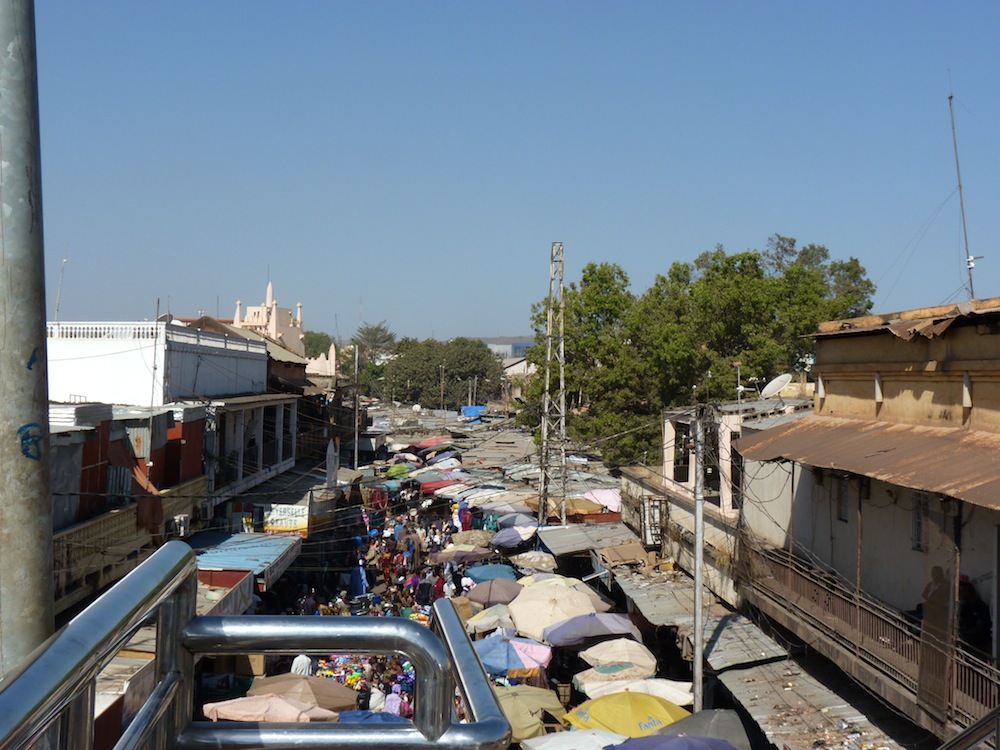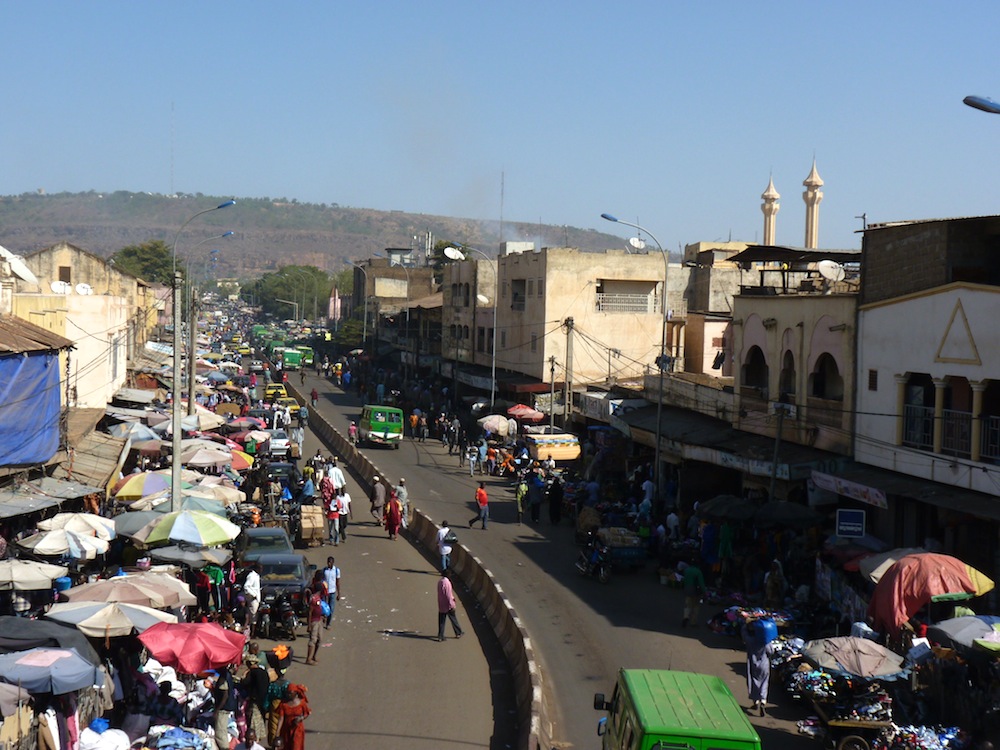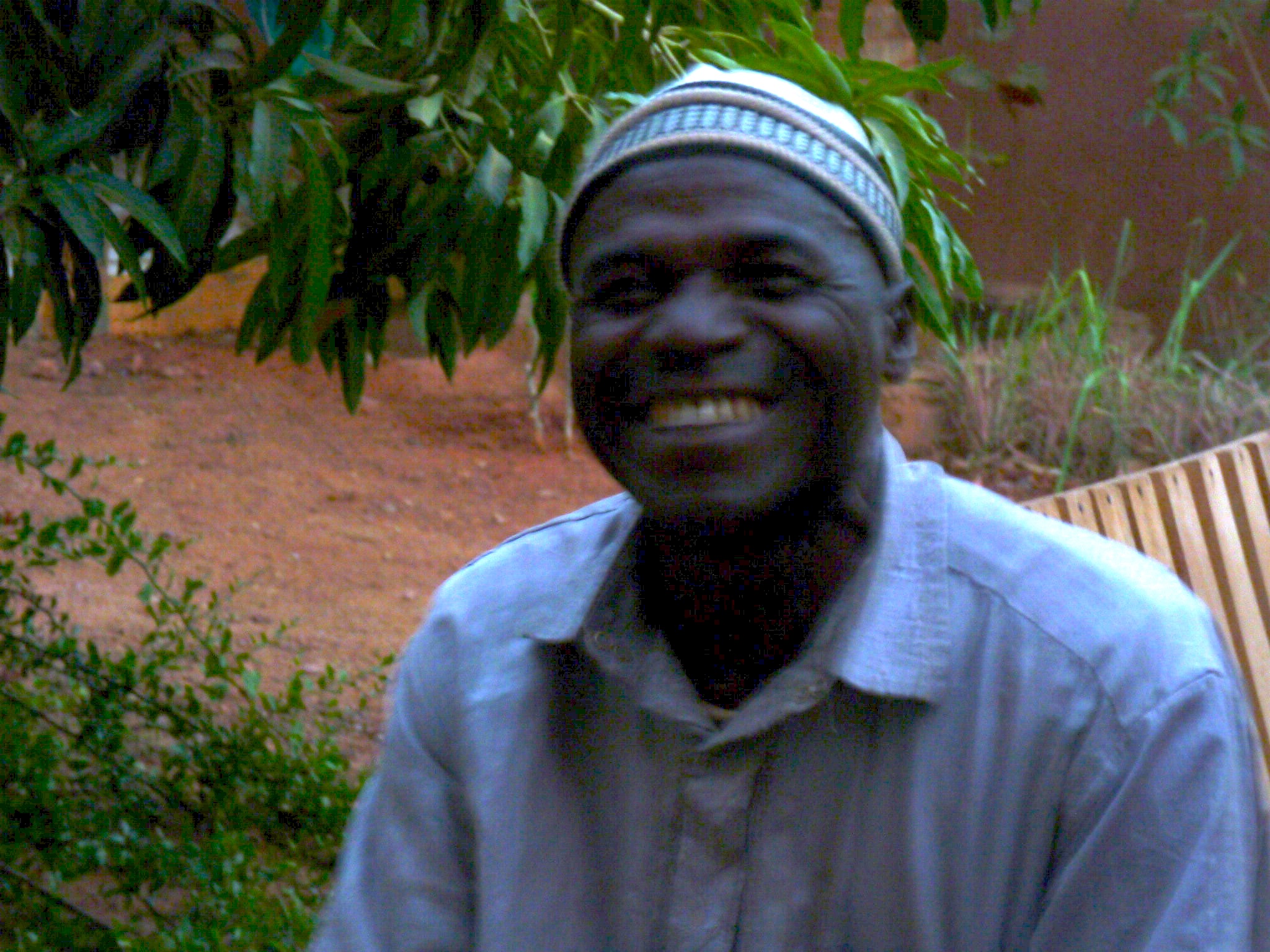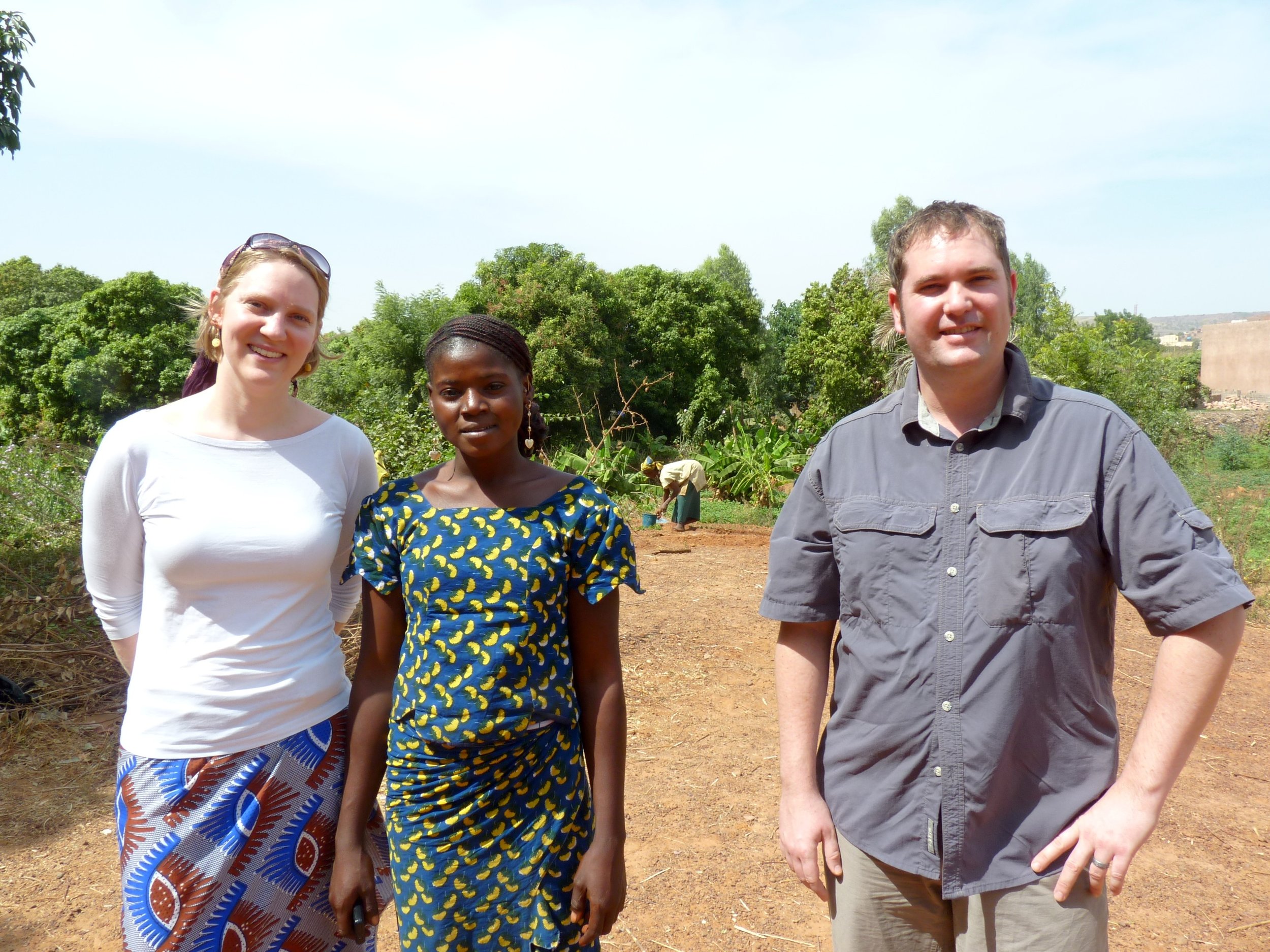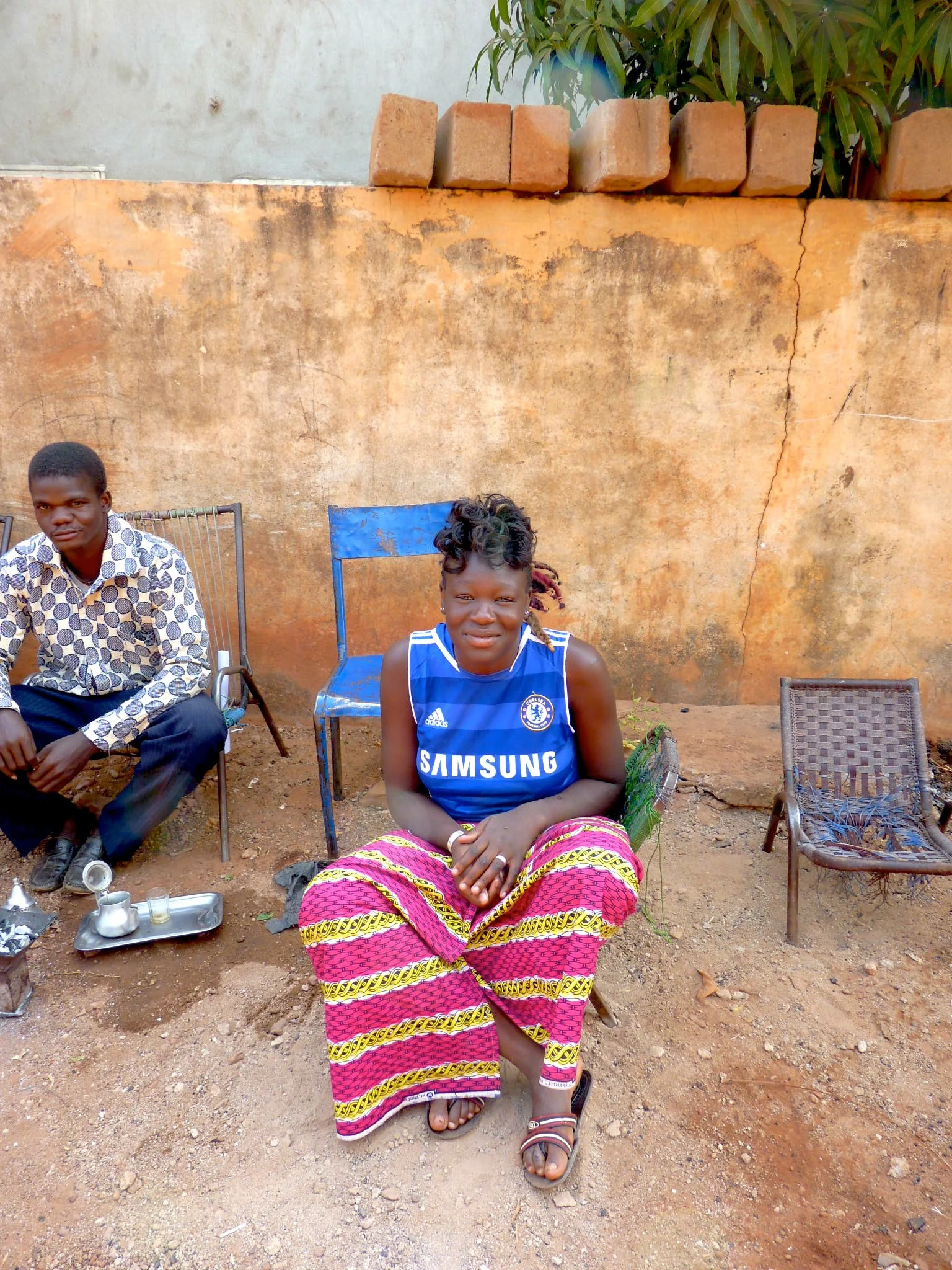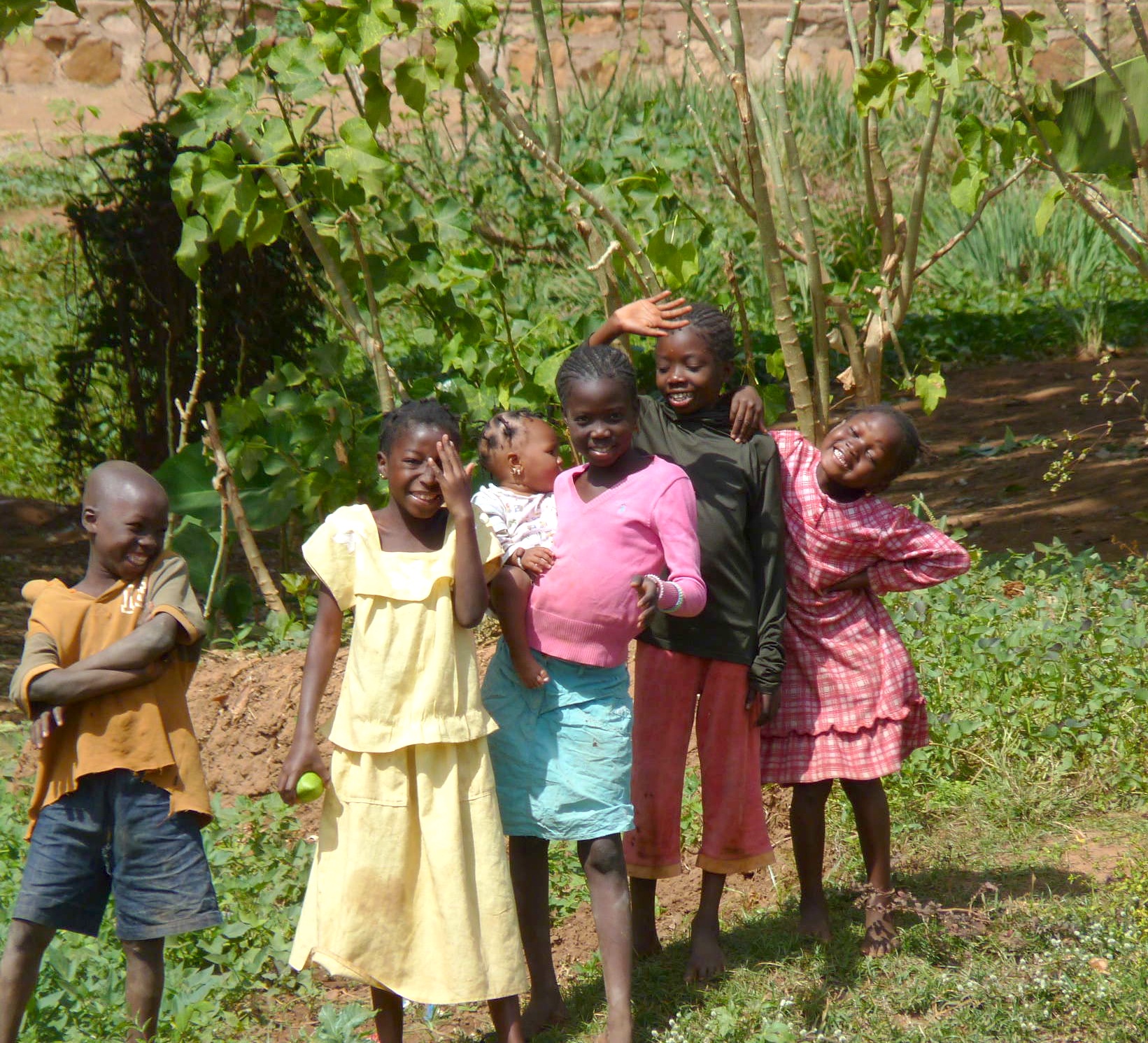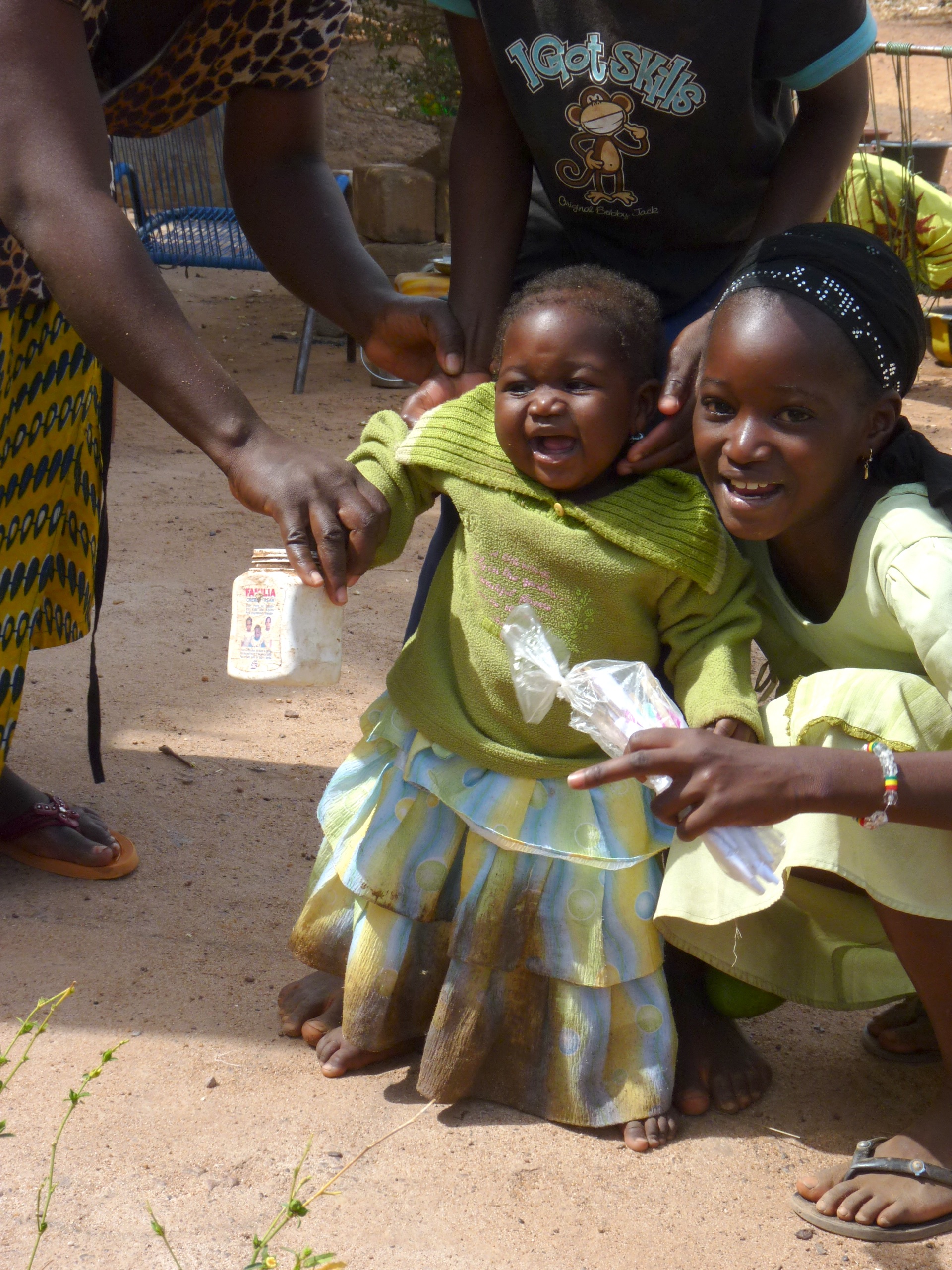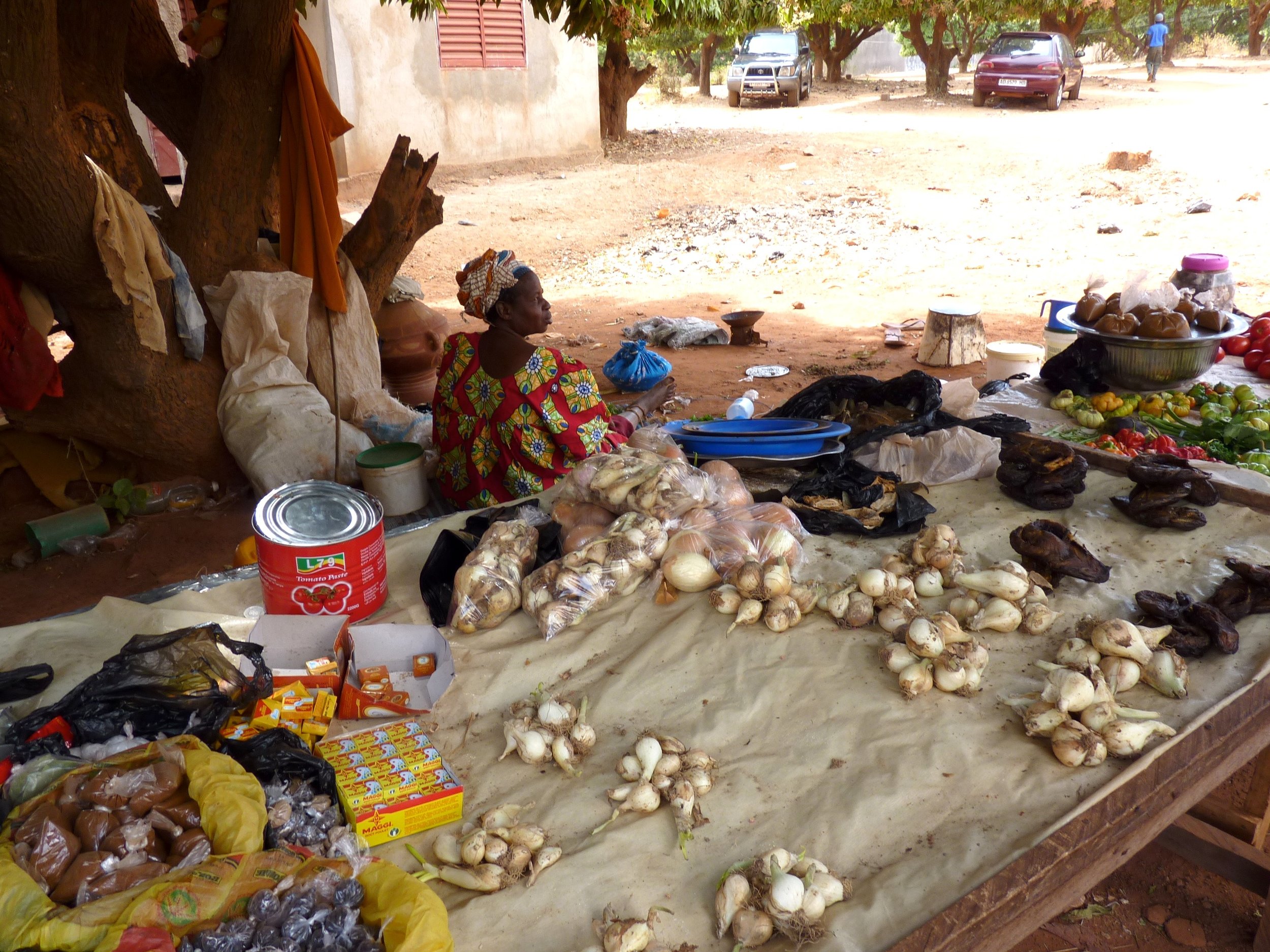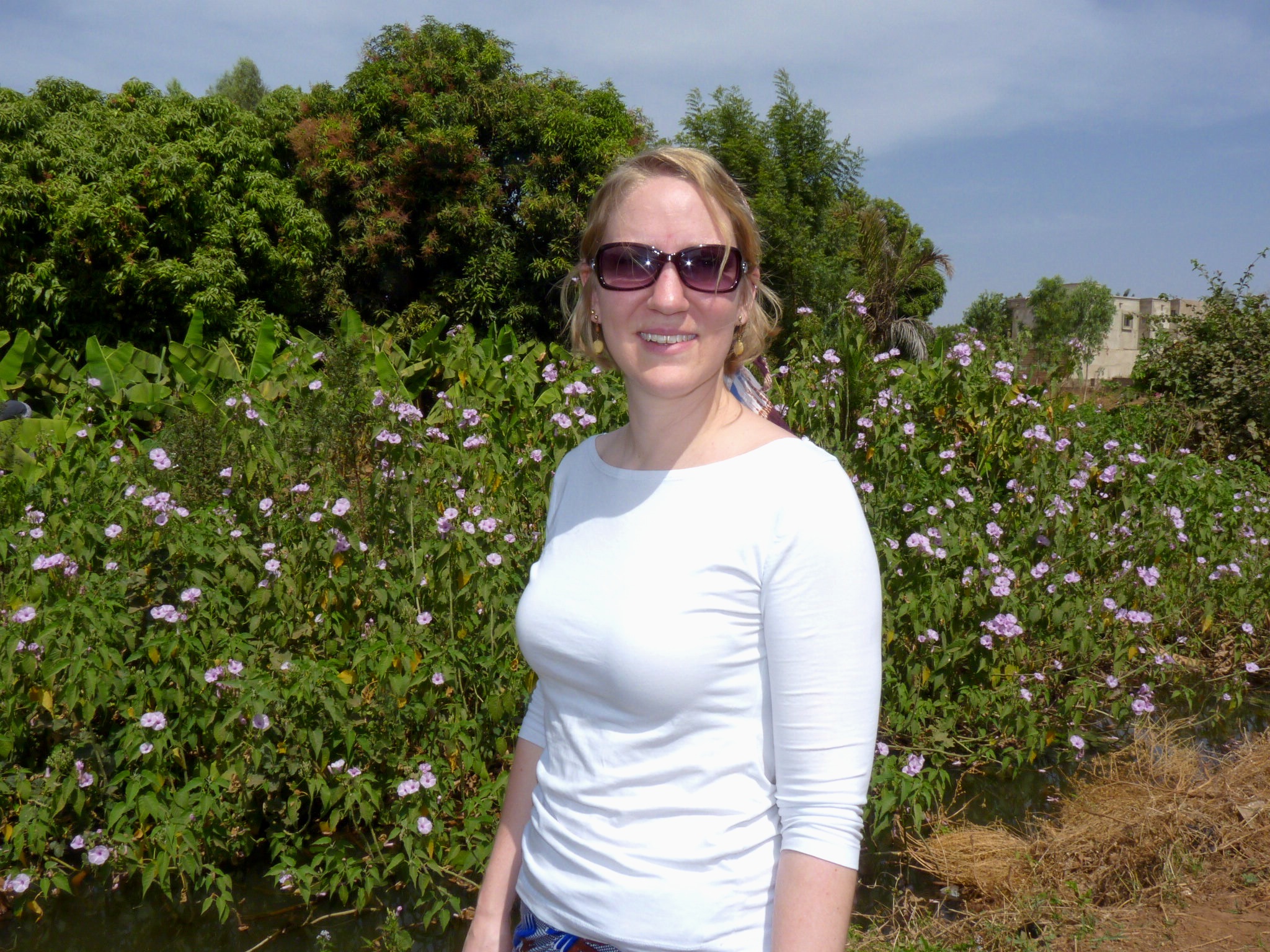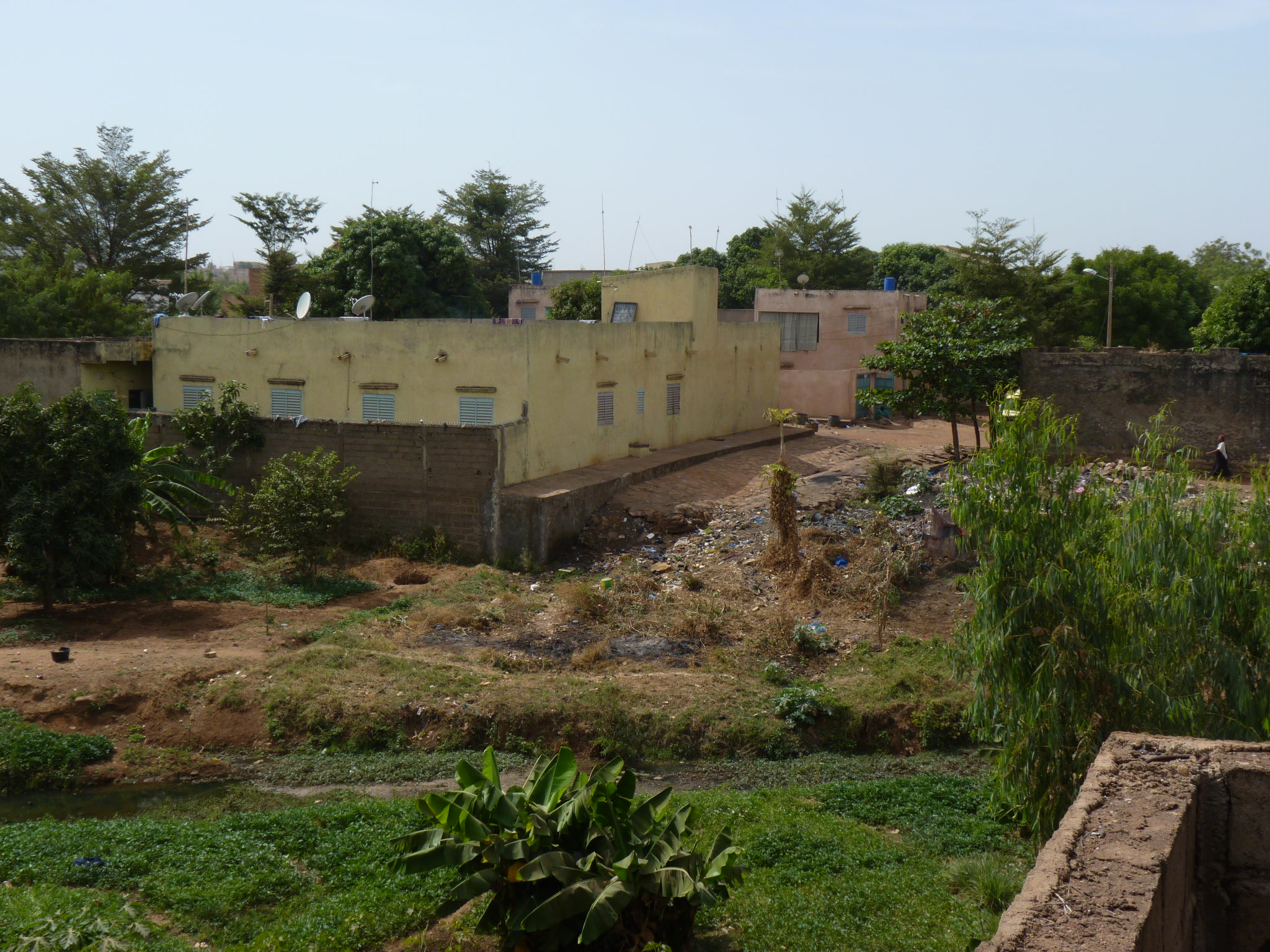I’ve decided to start a new weekly wrap-up, which will hopefully encourage regular blogging on at least my part (I can’t speak for Jon). So this first ‘weekly’ is a recap of our last few days in the former Spanish enclave of Sidi Ifni, and some impressions and observations from the last week. Departing from Dakhla was a welcomed move – not that Dakhla was unpleasant by any means, it’s just a very sleepy coastal town that presented itself with a mixture of West African/Mauritanian and Moroccan/Arab/Berber cultures. In other words, not really having a grasp on any of those cultures at this point, we were mostly just confused. Personally, I was also ready to move beyond the vast stretches of bleakness and see some landscape. I’ve read and heard that Morocco is a dramatically beautiful country and I wanted to see it for myself.
A 9-hour bus ride brought us to the city of Laayounne – home to about 200,000 Moroccans. Not much to say about it, other than it was refreshing to be in a somewhat urban environment. This fashionable town even has a Vegas-style neon-lit fountain. Cool. We spent one night there and boarded a bus at 7:30am Goulmim – described by our Rough Guide as a ‘drab administrative town.’ The bus ride was the most interesting yet (excluding the beautiful dunes of Mauritania), with the desert giving way to sweeping plateaus, plunging cliffs into the sea, and lush inlets carving valleys from the sea into the desert. The 7-hour ride brought us to Goulmim in the early afternoon, with an easy change to a ‘grand-taxi’ (bush taxi) for the hour-long ride to Sidi Ifni.
Not more than 15 minutes out of Goulmim we found ourselves winding through the colorful hills and lush valleys of the Anti-Atlas. Such topography! I was stuck again on the middle seat of a car filled with too many people (there were 4 of us in the back seat of a regular Mercedes sedan – one of whom was a…well-proportioned woman). An adventure!
The Spanish built up Sidi Ifni as a military garrison in the 1930’s when they colonized the area. The town is set high above on a cliff, with a nice beach and steep stairs leading down to the water. It’s famous for its art deco architecture – which honestly not knowing much about architecture doesn’t seem very impressive (I think I got spoiled in Greece!) – but it must be unique to Morocco. It’s lovely nonetheless. We opted for a hotel on the beach, rather than up high, which has essentially given us the chance to get a nice workout every time we want something (food, water etc).
Jon’s healing another wound, similar to what was on his feet, so I took the day Saturday while he tended his wound and headed 10km north to the beach of Legzira. Just a few hotels nestled into the cliff, Legzira is a rocky beach famous for the red archways carved away by the sea. It was nice to find a private little cove where I could sunbathe, and then explore the rocks. I had planned to walk the 10km (6 miles) back to Sidi Ifni, but the tide never really went low enough to cross one of the rocky sections. Luckily I didn’t get too far before figuring this out! A kind Englishwoman and her Moroccan husband gave me a lift back to Sidi Ifni, thankfully before I felt too dejected walking alone on the hot, exposed road back to town. It was nice to have a little solo adventure for the day. A non-date-day as a friend recommended – nice for coming back and sharing stories with your travel partner.
Staying an extra day here allowed us to check out today’s Sunday flea market – the produce section of which made the Portland Farmer’s market pale in comparison, at least when it came to quantities of things. I’ve never seen bigger piles of oranges and carrots! It also allowed us to enjoy the phenomenon that is Saturday night in Sidi Ifni. Apparently everyone gets dressed up to walk the town starting around 8pm – who knew there were actually so many people here!
Tomorrow brings an 8-hour bus ride to the grand city of Marrakech! Very exciting.
Here’s some other weekly thoughts:
Are they arguing or just talking? I may not know a lot about this culture, but one thing I’m convinced of is that Arabic is a language for making one’s self known. People are always talking loudly, and very unabashedly in the presence of others. Whether it’s on the cell phone, or like the larger woman and her young son who talked over each other the whole way to Sidi Ifni – I’ve decided that the most important thing when learning Arabic is to speak forcefully. Maybe they’re just talking about puppies?
Solo vs Couples Traveling: My non-date-day solo adventure to Legzira highlighted the stark contrast in the experience one has as a solo female traveler vs a couple traveling together. From taking breakfast in a café where I was joined by a kind gentleman who gave me a lift to Legzira (yes, I’m very trusting…); to the willingness of anyone to talk to me – it was interesting see how people treated me differently without Jon there.
“Camping Cars” – French for Retired RV Tourists: There are lots of them – easily over 100 are parked in the two ‘camp grounds’ right next to our hotel. They are all French. Not much else to say, it’s just curious.
Coffee: FINALLY good coffee, freedom from Nescafè. Give me a noss noss (Arabic for half half – half coffee half steamed milk) and I’m a happy girl.
Olives, dates, oranges and argan: The presence of any of these during a meal is fabulous – and this is where argan oil comes from – a highly prized oil used in western beauty products. Here it’s mixed with almond butter and honey for a delicious bread dip. Yes please.
Cliffs: I can now safely say that the majority of the entire Saharan coastline is a very steep cliff. We saw everything from Nouakchott to Sidi Ifni – it was far.
